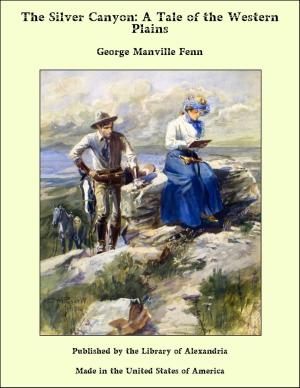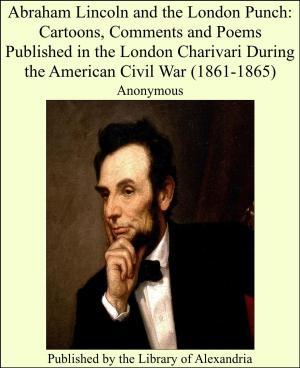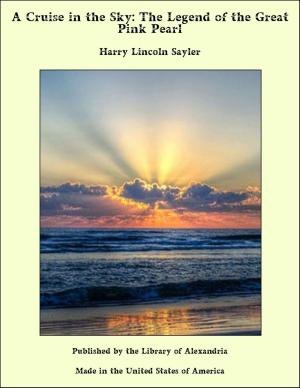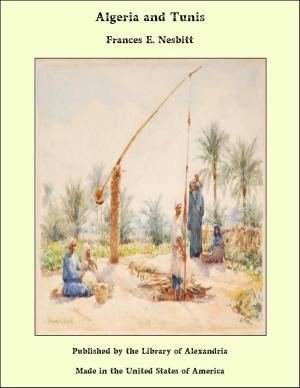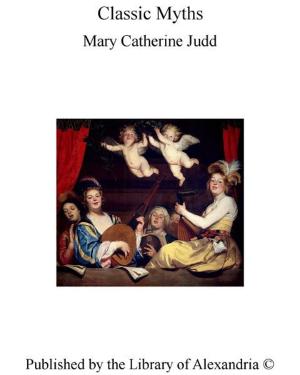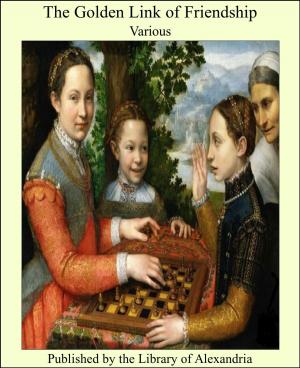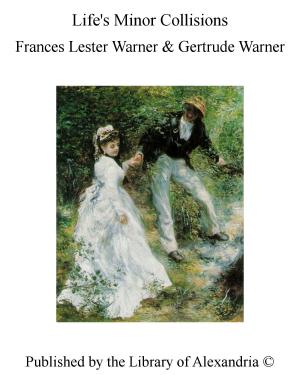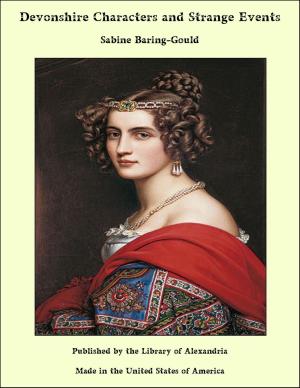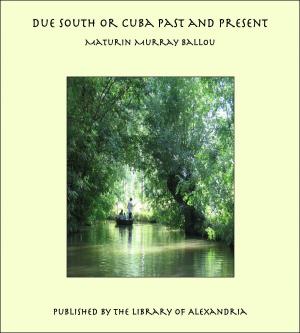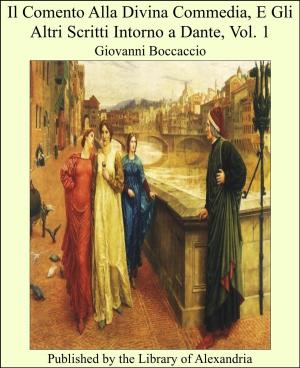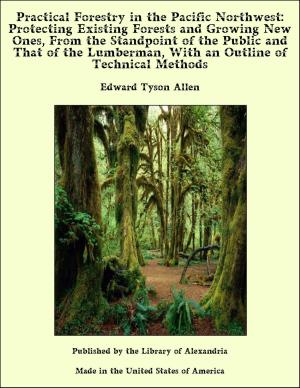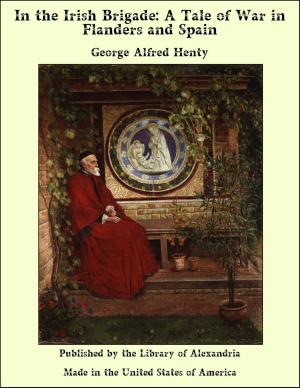Ancient Faiths and Modern: A Dissertation Upon Worships, Legends and Divinities
Nonfiction, Religion & Spirituality, New Age, History, Fiction & Literature| Author: | Thomas Inman | ISBN: | 9781465513168 |
| Publisher: | Library of Alexandria | Publication: | March 8, 2015 |
| Imprint: | Language: | English |
| Author: | Thomas Inman |
| ISBN: | 9781465513168 |
| Publisher: | Library of Alexandria |
| Publication: | March 8, 2015 |
| Imprint: | |
| Language: | English |
Some thirty years ago, after a period of laborious study, I became the House Surgeon of a large Infirmary. In that institution I was enabled to see the practice of seven different doctors, and to compare the results which followed from their various plans of treatment. I soon found that the number of cures was nearly equal amongst them all, and became certain that recovery was little influenced by the medicine given. The conclusion drawn was that the physician could do harm, but that his power for good was limited. This induced me to investigate the laws of health and of disease, with an especial desire to discover some sure ground on which the healing art might safely stand. The inquiry was a long one, and to myself satisfactory. The conclusions to which I came were extremely simple—amounting almost to truisms; and I was surprised that it had required long and sustained labour to find out such very homely truths as those which I seemed to have unearthed. Yet, with this discovery came the assurance that, if I could induce my medical brethren to adopt my views, they would deprive themselves of the means of living. Men, like horses or tigers, monkeys and codfish, can do without doctors. Here and there, it is true, that the art and skill of the physician or surgeon can relieve pain, avert danger from accidents, and ward off death for a time; but, in the generality of cases, doctors are powerless. It is the business of such men, however, to magnify their office to the utmost. They get their money ostensibly by curing the sick; but it is clear, that the shorter the illness the fewer will be the fees, and the more protracted the attendance the larger must be the "honorarium." There is, then, good reason why the medical profession should discourage too close an investigation into truth. But, outside of this fraternity, there are many men desirous of understanding the principles of the healing art Many of these have begun by noticing the style of the doctor's education.
Some thirty years ago, after a period of laborious study, I became the House Surgeon of a large Infirmary. In that institution I was enabled to see the practice of seven different doctors, and to compare the results which followed from their various plans of treatment. I soon found that the number of cures was nearly equal amongst them all, and became certain that recovery was little influenced by the medicine given. The conclusion drawn was that the physician could do harm, but that his power for good was limited. This induced me to investigate the laws of health and of disease, with an especial desire to discover some sure ground on which the healing art might safely stand. The inquiry was a long one, and to myself satisfactory. The conclusions to which I came were extremely simple—amounting almost to truisms; and I was surprised that it had required long and sustained labour to find out such very homely truths as those which I seemed to have unearthed. Yet, with this discovery came the assurance that, if I could induce my medical brethren to adopt my views, they would deprive themselves of the means of living. Men, like horses or tigers, monkeys and codfish, can do without doctors. Here and there, it is true, that the art and skill of the physician or surgeon can relieve pain, avert danger from accidents, and ward off death for a time; but, in the generality of cases, doctors are powerless. It is the business of such men, however, to magnify their office to the utmost. They get their money ostensibly by curing the sick; but it is clear, that the shorter the illness the fewer will be the fees, and the more protracted the attendance the larger must be the "honorarium." There is, then, good reason why the medical profession should discourage too close an investigation into truth. But, outside of this fraternity, there are many men desirous of understanding the principles of the healing art Many of these have begun by noticing the style of the doctor's education.

